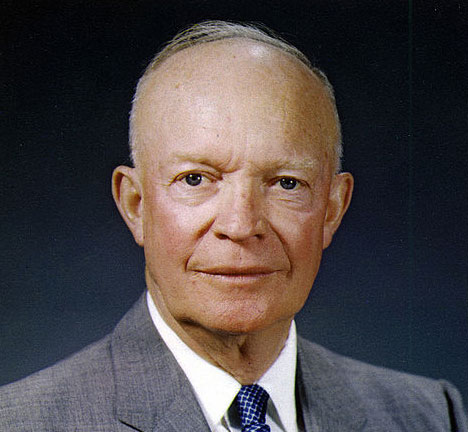Why Ike Wouldn’t Celebrate the D-Day Anniversary

President Obama is scheduled to speak next month on the battleground of Normandy, France, at the 70th anniversary celebration of D-Day — just as Presidents Clinton and George W. Bush spoke there in earlier such commemorations.
The most memorable D-Day appearance, of course, was Ronald Reagan’s in 1984, when he cited the veterans seated near him on those cliffs (“These are the boys of Pointe du Hoc”) in a scene of such dramatic staging and emotional power that it graced his re-election commercials that fall. One reason Reagan’s D-Day speech had such impact was that no previous sitting American president had ever traveled to Normandy for such an occasion.
On the 30th anniversary, Richard Nixon, reeling from Watergate’s death throes, was preparing to fly to the Middle East. On the 20th anniversary, Lyndon Johnson had pledged not to leave the United States during his first year as president after John Kennedy’s assassination.
Which brings us to the 10th anniversary. The president of the United States in 1954 was Dwight David Eisenhower, who just happened to be the supreme commander who sent those 160,000 Allied soldiers to those beaches (“O.K., we’ll go”) in one of the 20th century’s most fateful decisions.